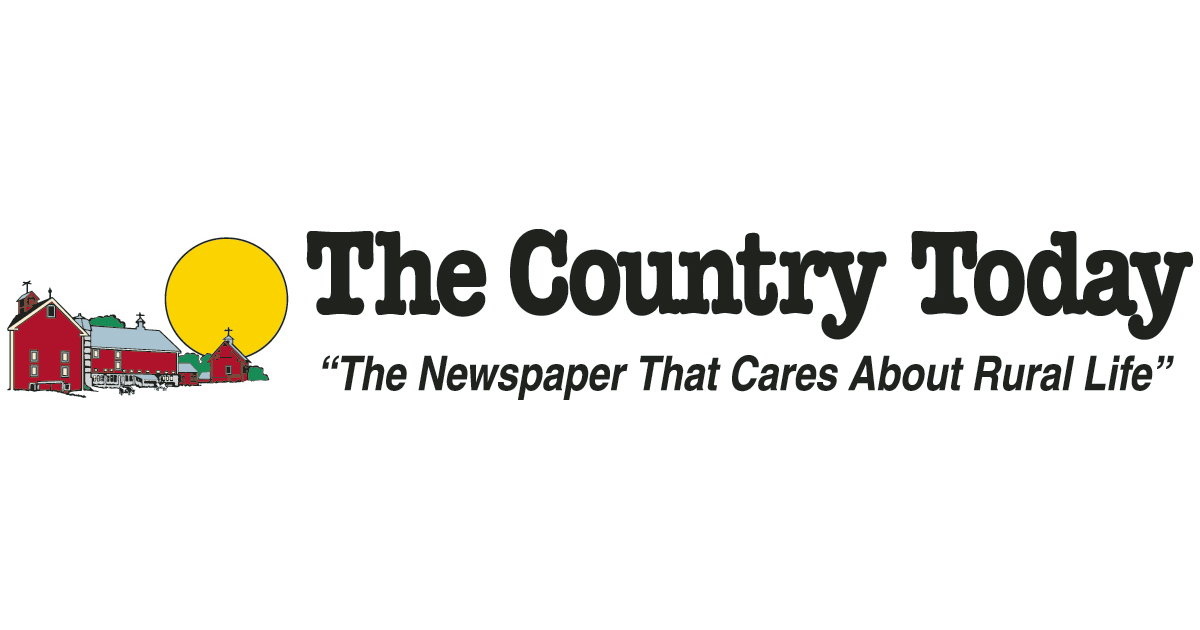1946 polio case quarantines farm family | Yarns of Yesteryear - Leader-Telegram
1946 polio case quarantines farm family | Yarns of Yesteryear - Leader-Telegram |
| 1946 polio case quarantines farm family | Yarns of Yesteryear - Leader-Telegram Posted: 30 Mar 2020 03:00 AM PDT  The year was 1946. World War II had ended, but the state and national concern that year focused on a new enemy, poliomyelitis, better known as infantile paralysis, or polio. Our family lived on an 80-acre dairy farm in Manitowoc County, which did not have electricity or indoor plumbing. We relied on a windmill to pump our water or had to resort to pumping it by hand. We hand milked 15 cows twice a day. Needless to say, farming was a struggle then, and to make matters worse, my three-year-old sister, Dianne, suddenly became sick in June of that year with what our family doctor diagnosed as polio symptoms and advised that she be taken by ambulance to a hospital in Madison that was set up to handle polio patients. Our family of eight was immediately placed under quarantine. We were devastated. For one month none of us were allowed to milk our cows, but our concerned neighbors were quick to volunteer to milk our cows each day and to deliver safe drinking water for the family. The milk could not be sold for human consumption, so we either had to feed it to the hogs or dump the daily supply on the manure pile. No income that month. The outhouse had to be sanitized with a heavy sprinkling of lime. These were precautionary measures advised by the county health nurse as they did not know the cause of the virus. The county nurse did visit our family weekly to check our status. This episode took place during summer months, so it did not affect our schooling. As a 15-year-old, I was working at a local chick hatchery, and my boss's younger daughter had also contracted polio and ended up with a deformed leg and paralysis. My sister has fully recovered, has no evidence of the setback and the medical personnel never found a correlation between the polio affliction of my three-year-old sister and the chick hatchery girl. Fortunately the Salk vaccine was developed at a later date, and since that time polio has been kept under control in the United States, although there are sporadic outbreaks in remote places of Africa and the Middle East where medical personnel find it difficult to reach the stricken. Now, here we are 74 years later and suddenly our entire world is faced with a pandemic, a new virus better known as coronavirus. It has placed a tremendous strain on our medical handling of this sweeping attack as well as an economic setback of unmeasured proportions if the disease is not harnessed. I called my sister Dianne last weekend and we both agreed that we have lived through the era known as "The Greatest Generation" and may never experience again the good life that we had. Dad died of a heart attack at age 75, and our hardworking mom died of pancreatic cancer at age 85. All eight of us offspring, ages 66 to 89 are still living and are in reasonably good health. Sure, we lived through some rough times, but as our dad used to say, "We may not make much money farming but at least we eat good and overall we are in good health." Dad was a great provider by raising livestock and a large garden. Mom was an excellent cook and a caring mother. The names of two people come to mind that were stricken with polio but despite the handicap led fruitful lives. Many of us remember Jack Hackman, who was born and raised in Pittsville. He went on to become an executive officer of WDLB radio in Marshfield and a leader and worker of many foundations in Marshfield. The other person, Franklin Delano Roosevelt, stricken with polio that crippled both legs, was elected U.S. President in 1933 and held that office for 4 consecutive terms. Known for coining the term, "The only thing we have to fear is fear itself," he died at the age of 63 in the early stage of his 4th term in office. Although polio limited his mobility, he was still able to govern. Once again we are being asked to change our lifestyle and make adjustments to overcome or conquer this dreaded disease. Quarantines are now being established and updated medical advice is being sent out via radio, television or in print. It's a tipsy-topsy world we live in. It behooves us to follow medical recommendations, hoping that we can return to a life style that we have lived through or still seek. At the moment those visions seem bleak. My sister and I found one ray of humor in our discussion in that our family never experienced a shortage of toilet paper as we relied on Sears-Roebuck or Penney's catalogs. |
| You are subscribed to email updates from "Poliomyelitis" - Google News. To stop receiving these emails, you may unsubscribe now. | Email delivery powered by Google |
| Google, 1600 Amphitheatre Parkway, Mountain View, CA 94043, United States | |

Comments
Post a Comment